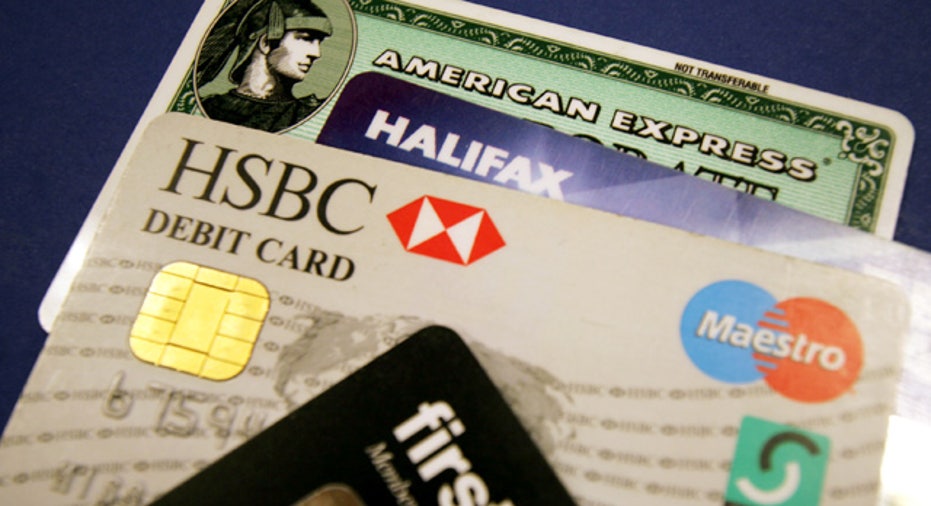A Debt Payment Plan That'll Boost Your Credit

Dear Debt Adviser,
I'd like to pay off about $5,000 in credit card debt over the next one to two years. This is an old debt, and I will not be incurring other charges in that time. I have recently received offers for a zero percent credit card balance transfer as well as a personal loan from my bank at 10% interest. The bank loan is a fixed rate, and the credit card interest would increase to about 18% at the end of 12 months. I have done the math, and it would cost about the same to use either the balance transfer or bank loan to pay off this debt. However, I hope to begin shopping for my first home once this is paid off, and I am wondering which of these options would be a better choice for improving my credit score.
-- Lyn
Dear Lyn, I want you to do more than just the math! Interest rates are just one of many factors that must be considered when trying to get the most out of a debt repayment plan. Consider also that you are within two years of applying for the granddaddy of credit: a mortgage. Items 2 years old or newer tend to count for much more than older trade lines when figuring your score. So getting the most out of this exercise over the next 24 months will be especially important.
Your FICO score is made up of five components. You have the chance to improve your performance in all of them by reducing what you owe, lengthening your credit history, getting new credit, having a variety of credit and showing a strong payment history. The personal loan from your bank would be classified as an installment loan. This is one in which you pay back the same amount each month for the term of the loan. The credit card account would be listed as a revolving account. This type of credit offers the option to pay what you can each month as long as you pay a minimum amount. It gives you flexibility on how quickly you pay off the balance, not to mention that you have the option to add to the balance if you want or need.
My recommendation is to take advantage of what both can offer you, particularly if you do not have any other installment loans on your credit reports. I suggest that you transfer only what you can pay off in 12 months to the zero-interest card, and roll the remaining amount into a personal loan.
To earn a top-tier credit score and qualify for the lowest interest rate mortgage loans, you must illustrate that you can manage both types of credit lines. You'll need a FICO score of 760 to 850 to qualify for the best mortgage rates. If you haven't already, be sure to get a copy of each of your credit reports. I'd also recommend looking up your credit scores so you know where you stand. Do this again in 12 months and then again before you apply for your mortgage loan. Be sure to challenge any negative items you find on your reports, so they can be taken care of with time to spare. If you do all of those things, you'll have an excellent chance of improving your credit score.
Along with saving for a down payment on your home and paying down your debt, I recommend you save as much as you can over the next two years in an emergency savings account. With savings in place, you will be insulated from any of life's surprises that can sink your credit. Plus, you will be in a more secure financial position when you buy your new place and go looking for furniture, appliances and the hundreds other things new homeowners need.
Good luck!
Bankrate's content, including the guidance of its advice-and-expert columns and this website, is intended only to assist you with financial decisions. The content is broad in scope and does not consider your personal financial situation. Bankrate recommends that you seek the advice of advisers who are fully aware of your individual circumstances before making any final decisions or implementing any financial strategy. Please remember that your use of this website is governed by Bankrate's Terms of Use.
Copyright 2013, Bankrate Inc.



















